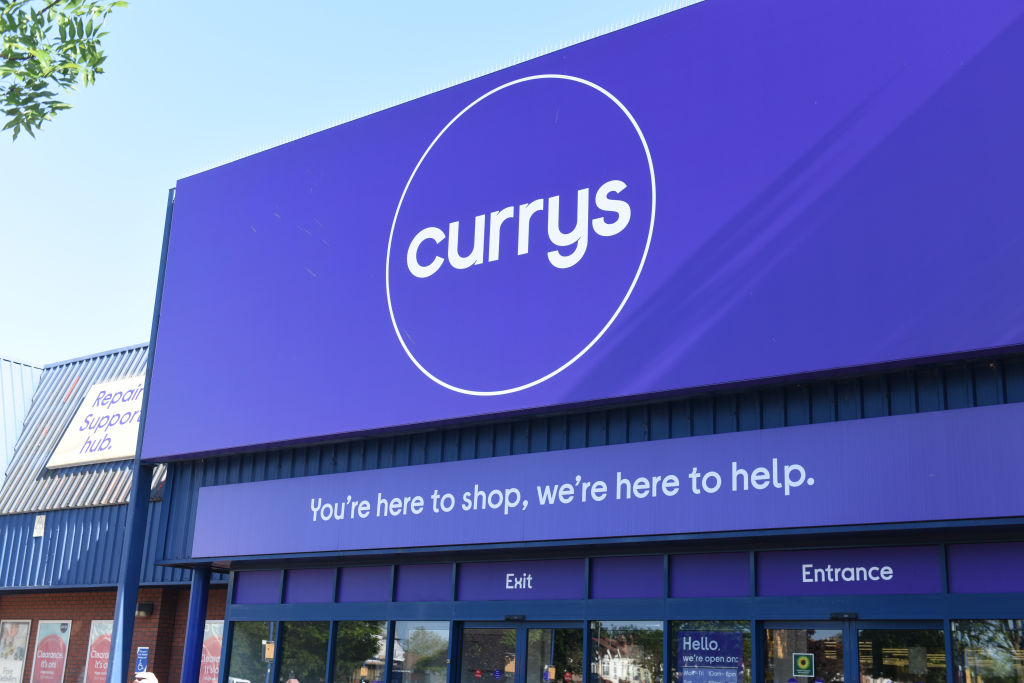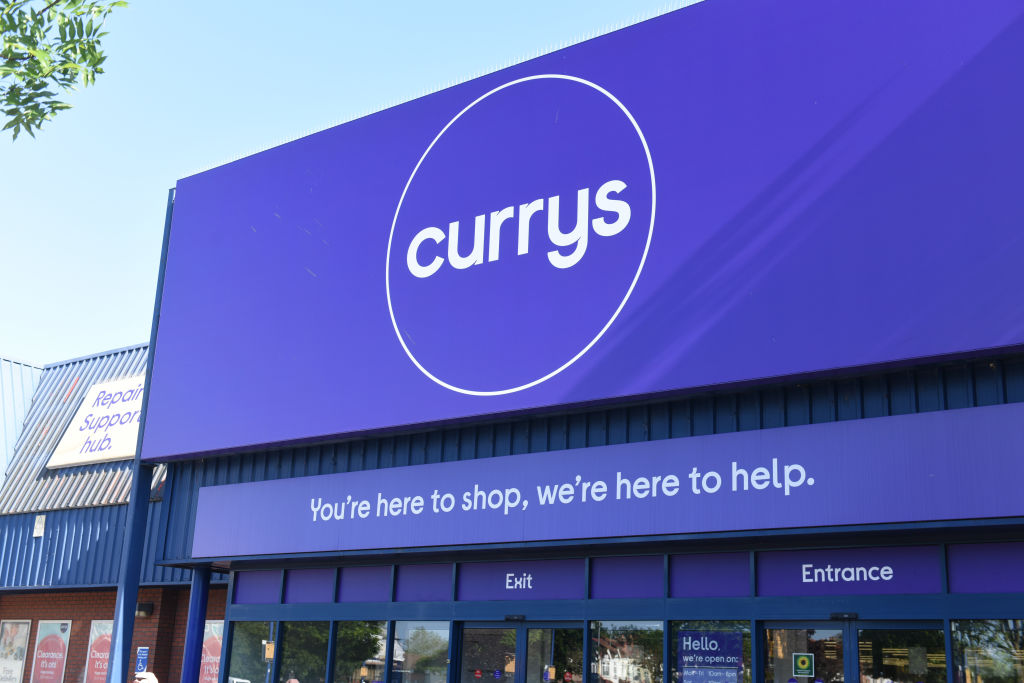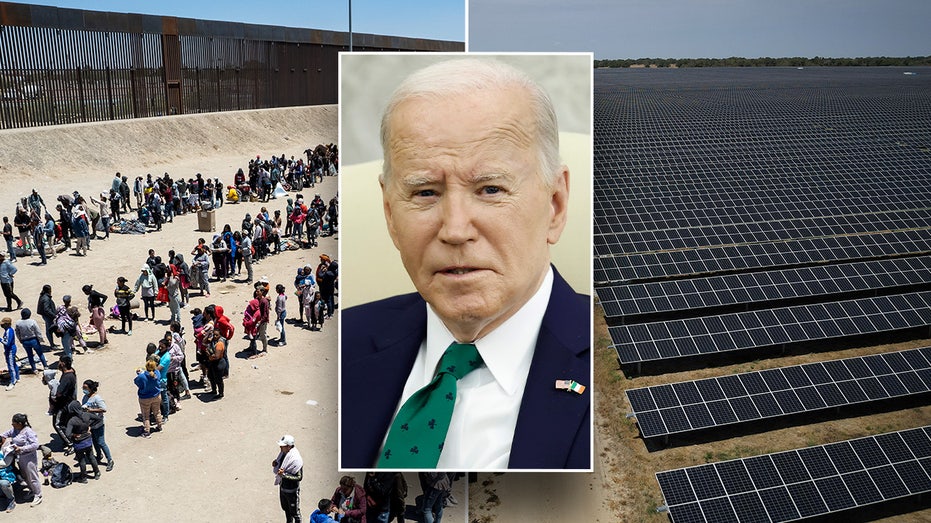Currys: Could Mike Ashley’s Frasers Group enter bidding war?
Electricals retailer Currys hit the headlines over the weekend after it emerged it could become the latest big name to leave the London Stock Exchange in a huge take-private deal.


Electricals retailer Currys hit the headlines over the weekend after it emerged it could become the latest big name to leave the London Stock Exchange in a huge take-private deal.
While an initial £700m bid from Elliott Investment Management, the owner of Waterstones, was turned down, Chinese retail giant JD said on Monday morning that it was in the “very preliminary” stages of evaluating a cash offer.
Elliot is now considering an improved offer for Currys while there is still time for more potential suitors to enter the fray in the coming days.
One who might be interested in taking a look is Frasers Group, the retail empire built by Mike Ashley which owns the likes of Sports Direct, House of Frasers and Game.
The group first took a stake in Currys in a high-profile move in June 2023 at the same time as it snapped up shares in fashion group Boohoo.
It has since built a major stake in Currys rival AO and is now its largest single shareholder.
But while Frasers Group is a sizeable shareholder in Currys, an expert at AJ Bell said it is “unlikely” the retail giant would make a bid for the group.
Investment director Russ Mould said that while it has “expressed a desire to be a bigger player in electricals, it prefers to buy companies when they are on their knees, not after someone else has also pushed up the price with an offer”.
He added that Frasers “had its chance to bid for Currys last year when no one else was interested”.
Buying companies that are in serious financial trouble has been a hallmark of Frasers Group throughout its history, most recently with the likes of Studio Retail and Misguided.
Mr Mould said: “Currys is the last big UK electricals chain with a physical store estate which makes it a unique asset on the domestic stock market. In theory, that status deserves a premium takeout price.
“However, in this case, its unique status is down to it being the last man standing in an industry which has migrated online. Retaining this status requires a lot of hard work rather than Currys having a major advantage over its peers.
“The company has kept going over the past few decades thanks to a bigger push on customer service by helping people who need advice on technology or equipment fixed. For some, that personal touch is preferrable to buying something online.
“Over the years, the UK business has downsized and sharpened focus on retail parks where stores have the kind of space needed to showcase products and advise customers.
“It’s not been an easy journey for Currys as its mobile phone arm has suffered from shifting consumer habits whereby people are upgrading handsets less frequently. Across the board, Amazon and other online retailers have pushed hard on price and Currys has had no choice but to match them.
“Over the past year, consumers have been shying away from big-ticket items which has created a tougher environment in which to shift TVs and laptops.
“Currys’ Nordics business has struggled with vicious competitive and inflationary pressures, but there is now a shift whereby rivals are focusing more on profit and cash and less on market share growth.
“These headwinds have weighed on the company’s valuation and left the share price in the gutter.
“Frasers is always one to spot a bargain and last year built a stake in the business. Elliott’s takeover approach implies it sees a resilient streak in Currys and that there is turnaround potential.
“The fact Chinese retail group JD has now joined the party by expressing interest in the business shows it could be time to load up on the popcorn and sit back and enjoy a bidding war.”
After the London Stock Exchange opened on Monday morning, Curry’s share price surged by more than 30 per cent to its highest value since March 2023.
The takeover talk comes after Currys said its pre-tax profits are set to be ahead of expectations, despite sales falling over the Christmas period.


